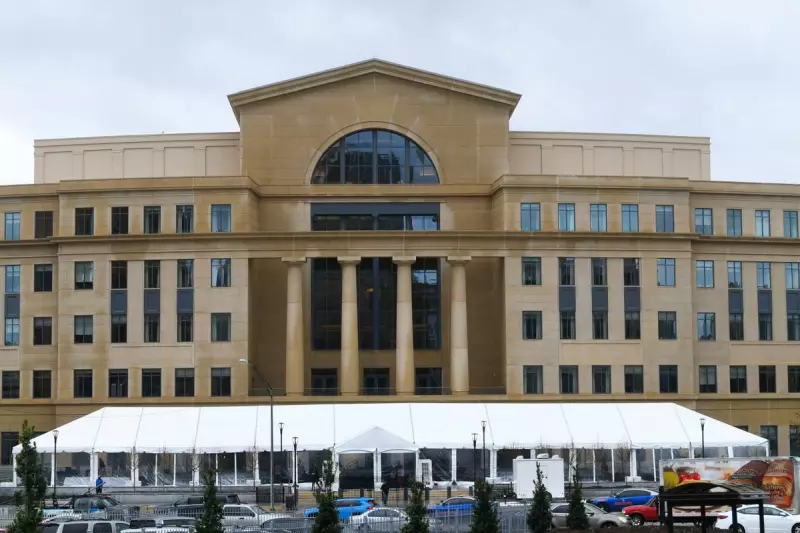
In a landmark ruling that could reshape housing discrimination litigation across America, the US Supreme Court has breathed new life into a pivotal case brought forward by Black homeowners in Atlanta.
The court unanimously decided to revive the lawsuit filed by homeowners who allege the City of Atlanta systematically undervalued properties in predominantly Black neighbourhoods compared to similar homes in white areas, creating significant financial disparities.
The Heart of the Discrimination Claim
The case centres on disturbing allegations that Atlanta's assessment methods deliberately shortchanged Black homeowners for decades. Plaintiffs argue this systematic devaluation violated the US Constitution's Equal Protection Clause, effectively creating a racial tax on homeownership in communities of colour.
This isn't merely about property values—it's about generational wealth erosion. Homeownership represents the primary source of wealth for most American families, and when properties in Black neighbourhoods are consistently undervalued, it creates a ripple effect that impacts education, retirement security, and economic mobility.
Legal Journey and Supreme Court Intervention
The lawsuit had previously been dismissed by lower courts, but the Supreme Court's intervention signals the seriousness of these allegations. The justices found that the homeowners had presented sufficient evidence to proceed with their constitutional claims.
Legal experts are calling this decision particularly significant because it addresses systemic discrimination in municipal assessment practices—an area that hasn't received the same attention as other forms of housing discrimination.
Broader Implications for Housing Justice
This ruling could open the door for similar challenges nationwide, as many cities grapple with historical patterns of residential segregation and valuation disparities. The case highlights how seemingly neutral government policies can perpetuate racial inequality when implemented without proper safeguards.
For Atlanta's Black homeowners, this Supreme Court decision represents more than just a legal victory—it's validation of their experiences and a crucial step toward addressing long-standing inequities in one of America's most historically significant cities for civil rights.





